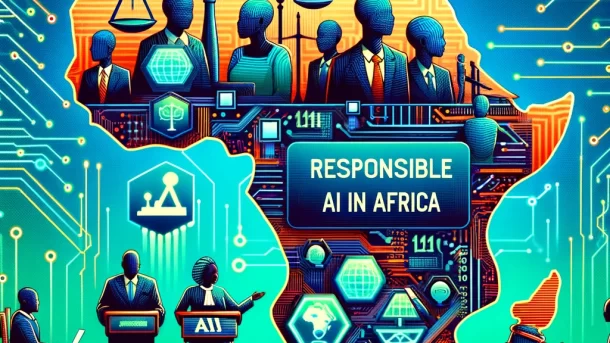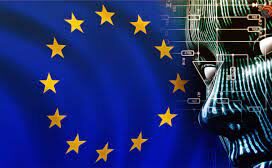In recent years, Africa has witnessed the burgeoning growth of an AI ecosystem, fueled by local tech spaces and internationally driven technology hubs established by major tech companies like Twitter, Google, Facebook, Alibaba Group, Huawei, Amazon, and Microsoft. These entities have significantly accelerated the development and deployment of AI systems in Africa, focusing on leveraging AI to address local challenges.
As AI continues to permeate various sectors, it is imperative to consider the ethical, legal, and socio-cultural implications to ensure that Africa and Africans fully leverage and benefit from AI. The principles of Responsible AI, which aim to minimize harm and ensure transparency and accountability, must be at the forefront of the development and deployment of AI systems.
Responsible AI is a process that involves defining policies and establishing accountability mechanisms to guide the creation and deployment of AI systems. As AI rapidly advances, it opens up new opportunities for productivity, economic development, and advancements in various sectors. However, it is crucial to recognize that AI applications can also pose risks to human rights, necessitating governance and regulatory measures.
The AI governance landscape in Africa is evolving to keep pace with the adoption and implementation of AI on the continent. This evolution is characterized by emerging policy responses, including an increase in data protection legislation and the development of National AI strategies.
Countries such as Egypt, Mauritius, and Rwanda have taken the lead in developing National AI strategies, while others like Tunisia, Ghana, Zambia, and Kenya are making strides toward similar goals. Nigeria has recently established the first African National Center for AI and Robotics to promote research and development in emerging technologies.
National AI strategies play a crucial role in identifying areas for leveraging AI and regulating its development and use. For instance, Egypt’s national AI strategy covers the adoption, implementation, and use of AI in government, national development, human capacity building, and international activities. It aims to promote a human-centric AI approach and facilitate multi-stakeholder dialogue on responsible AI deployment. Mauritius’s strategy focuses on leveraging AI in various sectors while emphasizing accountability, ethics, and inclusion to build public trust and create a robust AI ecosystem.
At the regional level, the African Union (AU) has initiated efforts to develop a continental AI strategy, recognizing the importance of enhancing policy-making and stakeholder engagement on AI challenges and opportunities. The African Commission on Human and People Rights (ACHPR) has contributed to AI policy development by focusing on the intersection between AI and human rights. The ACHPR has called for comprehensive legal and ethical governance frameworks for AI technologies and the development of regional regulatory frameworks that respond to the needs of the African people.
Internationally, the adoption of the UNESCO recommendations on Ethics on Artificial Intelligence by 193 member states, including 46 African countries, sets a global normative framework for AI. These recommendations emphasize human rights, diversity, inclusivity, and a participatory approach to AI governance.
To effectively apply responsible AI norms and principles within the African context, a contextualized approach is required, taking into consideration African norms, ethics, values, and communication ethos. This approach should address potential biases and inequalities that may arise from AI adoption and use, ensuring that responsible AI principles are integrated into policy development procedures.
In conclusion, as Africa navigates the AI landscape, it is essential to strike a balance between fostering innovation and regulating AI development to prevent potential harm. By embracing responsible AI principles and developing comprehensive policies, laws, and frameworks, Africa can harness the transformative power of AI while safeguarding the rights and well-being of its people.




